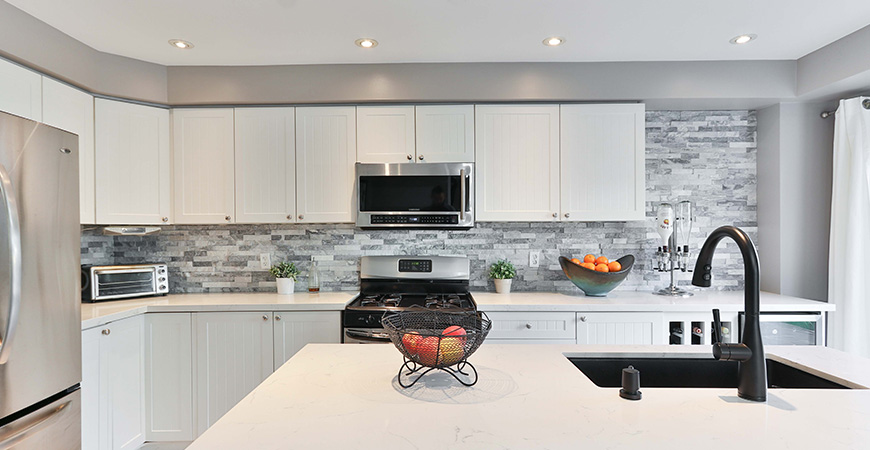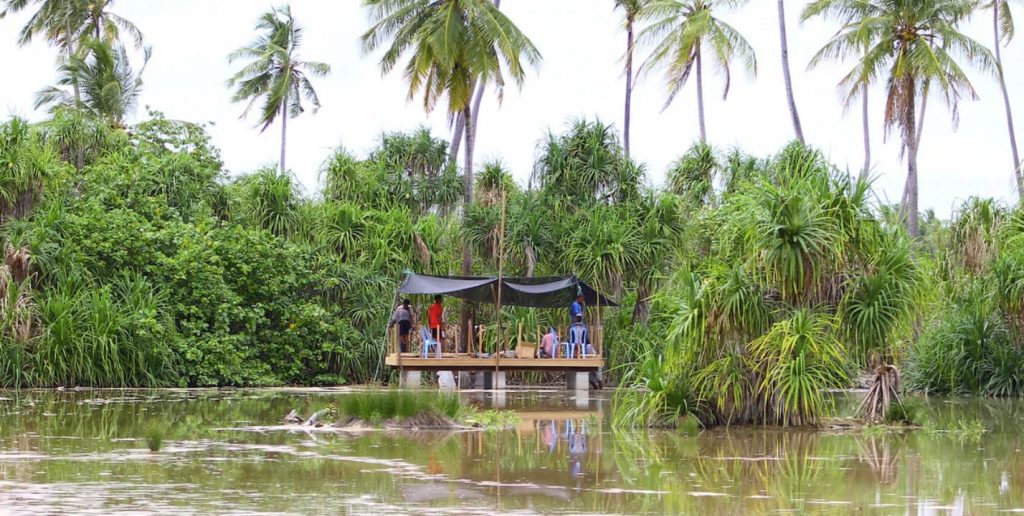Imagine yourself as a movie director, excited about a new story you want to film. You spend ages researching the perfect places for the location, because of course, location is key. You pack up all your equipment, and finally your crew and cast catch a flight to one of Maldives’ pristine islands for the shoot.
Upon arrival you expect to find a stunning location but every morning you face a rude awakening. Because even though the sky is perfectly clear, although the sea is stunningly blue, and even if the palm leaves continue to dance in the wind – the beaches are constantly littered with all sorts of plastic and other waste.
This is the story of how Abdul Faththaah came to know and understand the deep rooted problem of waste management in the Maldives. He speaks of how there are days where his crew had to clear 20 bags of waste just to begin shooting! And the problem does not only stay on the beach, it extends inland as well.
From seeing and experiencing these problems, and from talking to locals about their issues, Faththaah has developed a passion for working towards good practices in waste management. Some of the success stories that came out with his involvement as a volunteer include Faresmaathodaa, R. Ungoofaaru, Girllankan Fushi and so on. (You can follow his facebook page here for updates on the work he is involved in).
Because of his experience in helping communities gather and pool their resources to tackle waste management problems at grassroots levels, IDEAS decided to invite him to speak at Madhrasathul Sheikh Ibrahim (MSI) on 16th February 2017.
The session was well attended with all students from grades 5-10 and their parents showing up. In the session, Faththaah spoke of the 3Rs – Reduce, Reuse, Recycle, with an emphasis on the REDUCTION aspect.
One of the examples he took was that of energy drink cans. He identified them as one of the most recurring sources of waste on many islands and pointed out the multiple layers of hazards that it causes. Energy drinks cost you wasted money, has negative health effects, and also harms the environment when not disposed properly. Faththaah stressed the importance of making small changes to your lifestyle to make a big positive impact on the environment. For example, reducing the use of such drinks, and opting for a more organic, more environmentally friendly and healthier alternative: fresh juices!
Moreover, he introduced the participants to the Ukulhas model of waste management as a success story, and explained the pros and cons and the feasibility of implementing it in Kelaa. He further connected Kelaa’s agricultural resources and activities to a potential for creating compost on a large and economic scale.
Afterwards, Faththaah and IDEAS also met with the local council and school senior management members to have a fruitful dialogue about how the community and school can come together to tackle issues of waste. In this meeting, we discussed the possibilities of starting sorting and segregation of waste at a school level to increase awareness about different types of waste and different ways to reduce our waste. Faththaah also spoke of how our main hope is the next generation, as our generation has unfortunately handed over an environment in near-ruin.


For us as an NGO passionate about these issues, we too believe that our main hope lies in strengthening our roots – at the school level, at community levels, at grassroots levels.
We thank Faththaah, MSI management, students and parents, and Kelaa council for their time, energy, and active participation.





